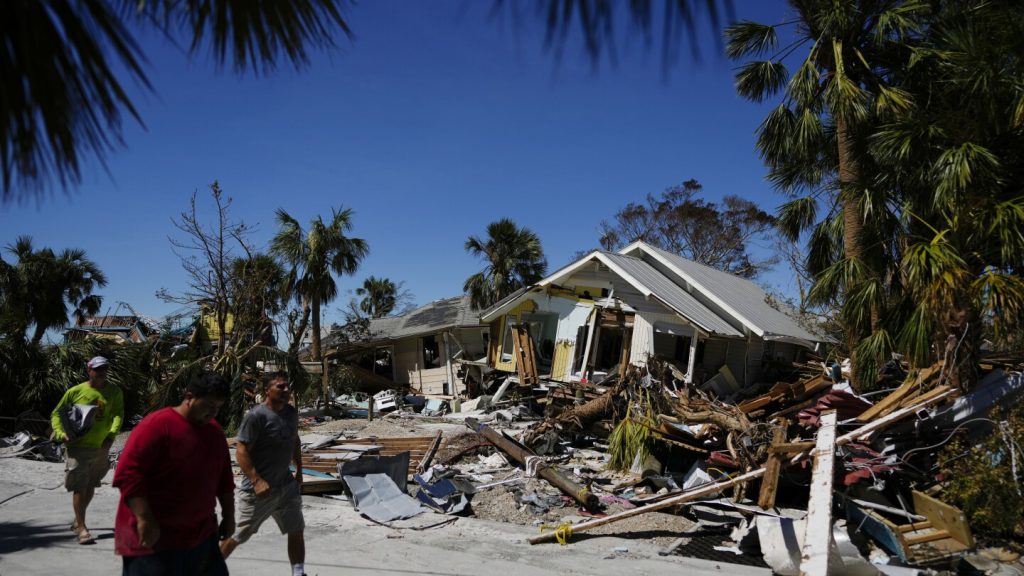Florida insurance companies saw a turnaround in their financial fortunes last year, as they reported a net income of $147.3 million, marking the first profitable year in seven years. This positive result was attributed to investment income and a mild hurricane season, which helped mitigate previous losses of over $1 billion in each of the two preceding years. Despite this improvement, the collective group of insurers still experienced underwriting losses of $190.8 million, although it was significantly smaller compared to prior years. The exclusion of state-backed Citizens Property Insurance Corp., which serves as the insurer of last resort for Florida homeowners, from the analysis highlighted the progress made by private insurers in the state.
The state of Florida has faced challenges in its insurance market since the devastating impact of Hurricane Andrew in 1992, which caused major disruptions to the industry. The increasing risks posed by climate change, leading to stronger hurricanes and heavier rainstorms, have added to the complexities faced by insurance carriers in the state. This has resulted in some companies, such as Farmers Insurance and AAA, making decisions to discontinue coverage for certain policies. With nine insurers having been declared insolvent or merged since 2021, the volatility in the market has caused average property insurance premiums to rise significantly, reaching $6,000 in Florida compared to the national average of $1,700. Efforts by the Legislature and Gov. Ron DeSantis in 2021 and 2022 focused on measures to protect insurers, including shielding them from lawsuits and allocating funds for reinsurance.
Despite the challenges faced by the insurance industry in Florida, companies are hopeful that recent changes will lead to cost reductions, particularly in litigation expenses related to claims. The approval of six new property and casualty insurers to offer residential property insurance policies by Florida regulators this year is seen as a positive development. The efforts to address the issues in the state’s insurance market are ongoing, as stakeholders work towards ensuring greater stability and affordability for policyholders. The industry’s ability to adapt to evolving risks and market conditions will play a crucial role in shaping the future landscape of insurance in Florida.


